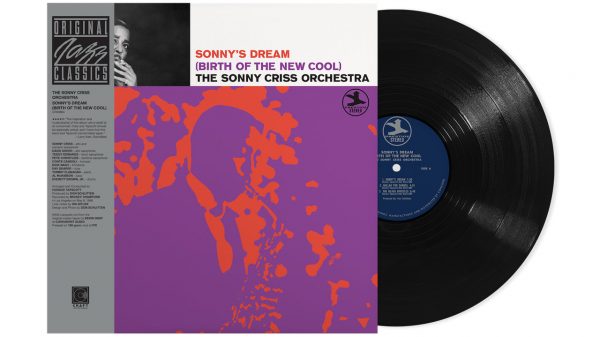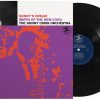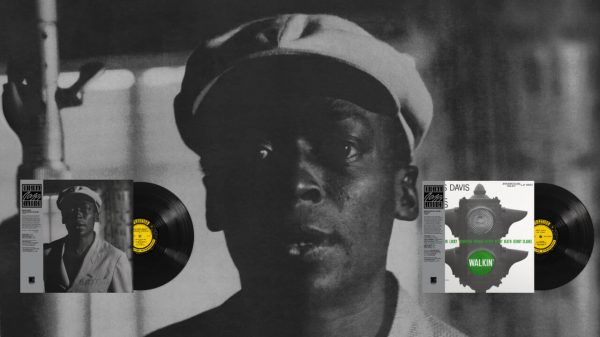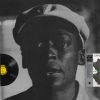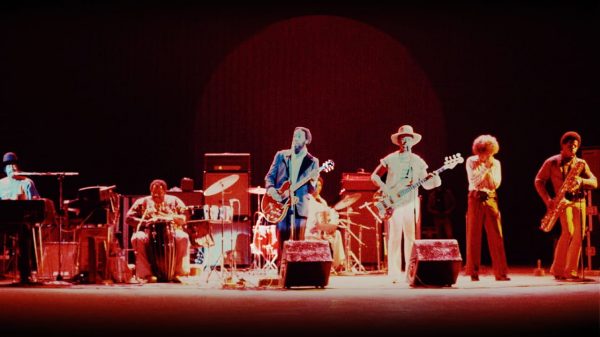Article by DM from In Sheep’s Clothing Hi-Fi
This year marks the 60th anniversary of Jacqueline du Pré’s Royal Festival Hall debut in London (March 21st, 1962) when she was just 17. An event that shook the classical world, the performance led to the legendary 1965 EMI recording that made the teenage cello prodigy, and Elgar for that matter, a household name.
“A swan-song of rare and vanishing beauty. Those actually present were witness, on the first day of spring, to an early blossoming in Miss du Pré’s playing, and such a beautiful blossoming as this year, or any other year, is likely to know for a long time to come.”
So wrote The Guardian’s Neville Cardus the morning after cellist Jacqueline du Pré’s 1962 Royal Festival Hall performance. In her concerto debut, with few performances under her belt and still a teen, du Pré had not only roused one of the most important stages in London but managed to astound Britain’s most distinguished music critic of the time. Other reviews were equally rapturous, confounding critics and the classical world with the question, “How could a young girl so beautifully express the brooding despair of such an elegiac work?”
Some musicians stand the test of time. Their gifts and talents continue to resonate long after they have ceased to perform, whether it be in recordings, filmed performances, or stored in the memories of those lucky enough to sit in a concert hall and bear witness. Du Pré was one such musician, and her first proper concert review couldn’t have been more accurate.
In the following years, du Pré caught the public imagination with follow-up performances, returning to Royal Festival Hall under her soon-to-be-husband conductor Daniel Barenboim. Her first US performance occurred at Carnegie Hall with the BBC Symphony Orchestra in 1965 under the baton of Antal Doráti.
What set her apart despite her prodigious youth? For one, her talent and her raw enthusiastic approach to performance. Her sheer passion elevated her unimaginably skillful playing. Helen Wallace of BBC wrote, “For du Pré, it was an absolutely natural extension of herself. Just seeing her face illuminated by pure inspiration, her long balletic bowing arm, the precision engineering of that wrist, her tremendous long fingers snapping down on the fingerboard, or executing those heart-stopping slides between notes – what she called her ‘sumptuous glissandi’ – makes you itch to play: her enjoyment remains infectious; with her, everything seems possible.”
The cellist was radical and inspiring to watch; her unmatched emotive playing blew right through the traditional stoicism of the era, and what a relief as well to finally see an extroverted woman lead an (unfortunately, usually) all-male orchestra at this time. When the late 1960s social and cultural revolution was in full bloom and expanding ideas in so many institutions, it also crept into a place as traditional and conservative as a symphony hall. Her husband and collaborator Barenboim, with whom she performed the Elgar piece repeatedly recalls, ‘She was so free, emotional and carefree – not careless – that perhaps she represented what many people in England wished they could be but didn’t quite manage to be.’ With each performance astounding audiences, it became clear that a recording must be in order.

At the premiere of Elgar’s Cello Concerto in 1919, John Barbirolli, himself a cellist playing in the London Symphony Orchestra, the performance was received as a total and utter flop. So it was only fitting for him to resurrect and conduct Elgar’s concerto almost 50 years later. He selected du Pré as the soloist, further cementing her inextricable link with the piece. The conductor had been following du Pré’s career ever since he had sat on the adjudicating panel of the prestigious Suggia Gift award, which she won when she was 10. When the pair teamed for their first concert together – at the Royal Festival Hall in April 1965 – they performed the Elgar piece. It was a match made in heaven.
Though du Pré loved to joke that she recorded it in a single take, it in fact took 37 attempts but was brilliantly edited by the late EMI producer Suvi Raj Grubb to feel seamless. Shortly after its release, it became internationally recognized as an instant, and later, timeless classic. Fun fact: Yo-Yo Ma later purchased the very cello used by Jackie on this recording for a very handsome sum. And upon hearing the recording, the Russian cellist Mstislav Rostropovich, du Pré’s teacher who had initially taught her the piece, removed it from his standard repertoire, confessing, “My pupil, Jacqueline du Pré, played it much better than I.”
On the Elgar Museum website, the recording is described as “One of THE most famous recordings in the whole of classical music — and rightly so.”
On a meteoric rise that transcended classical enthusiasts, the cellist soon became recognized by the masses. But, tragically, her career was cut short. In 1971, at the age of 26, her playing started to decline as she began to lose sensitivity in her fingers and other parts of her body. In 1973 du Pré was diagnosed with multiple sclerosis. Her last recordings were a series of sonatas by Chopin and Franck in December 1971. She rarely performed after that due to the increasing severity of the disease.
Du Pré’s last public performances took place in New York, February 1973 when she scheduled a quartet of concerts featuring the Brahms Double Concerto with Pinchas Zukerman and Leonard Bernstein conducting the New York Philharmonic. Du Pré recalled that she “had problems judging the weight of the bow, and just opening the cello case had become difficult.” By then she had a complete loss of feeling in her fingers so, in order to play, she had to coordinate her fingering visually. She could only manage three of the four concerts and canceled the last.
After 1973, she could no longer play the cello, but she remained a brave and adventurous spirit. Her lifetime passion for music never faltered, and her attitude in coming to terms with her illness was as touching as it was courageous. More than a decade later, she succumbed to the disease and passed away in 1987. She was 42.
We highly encourage you to seek out the feature-length documentary of her life, “In Portrait,” but here is a short tribute by Allegro films (who also produced the doc above) that also contains some wonderful, insightful footage.
Watch on YouTube: https://youtu.be/mvPza4XosW4
Finally, here is Ghost, one of du Pré’s most masterful performances. French film and opera director Jean-Pierre Ponnelle called it “the most successful translation of musical performance onto the screen that I have ever seen.”
Watch the full performance: https://www.youtube.com/watch?v=ReZeyI8Z5wk
For those interested in further listening, we recommend:
This performance of Cello Concerto in B minor, Op. 104, B. 191 by Antonín Dvořák. It was a recently rediscovered recording of a concert held in tribute to the people of Czechoslovakia days after the Soviet Union invaded and filmed live at the Royal Albert Hall in September 1968. Recorded at the height of her powers, it also includes a very charming moment where Jackie breaks a string in the first movement of the finale.
These equally recognized recordings of Brahms and Beethoven interpretations:
This article originally appeared at insheepsclothinghifi.com.




























